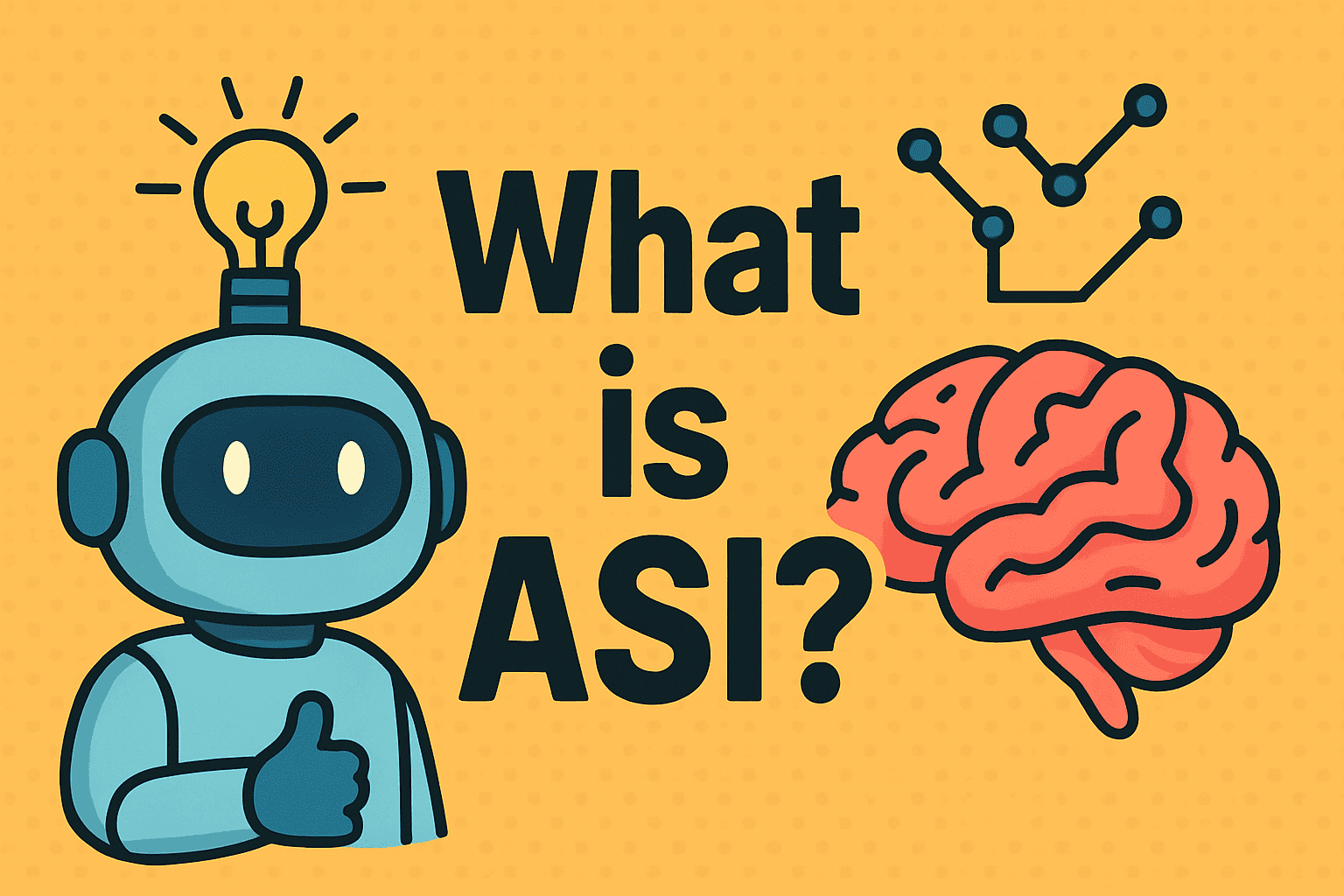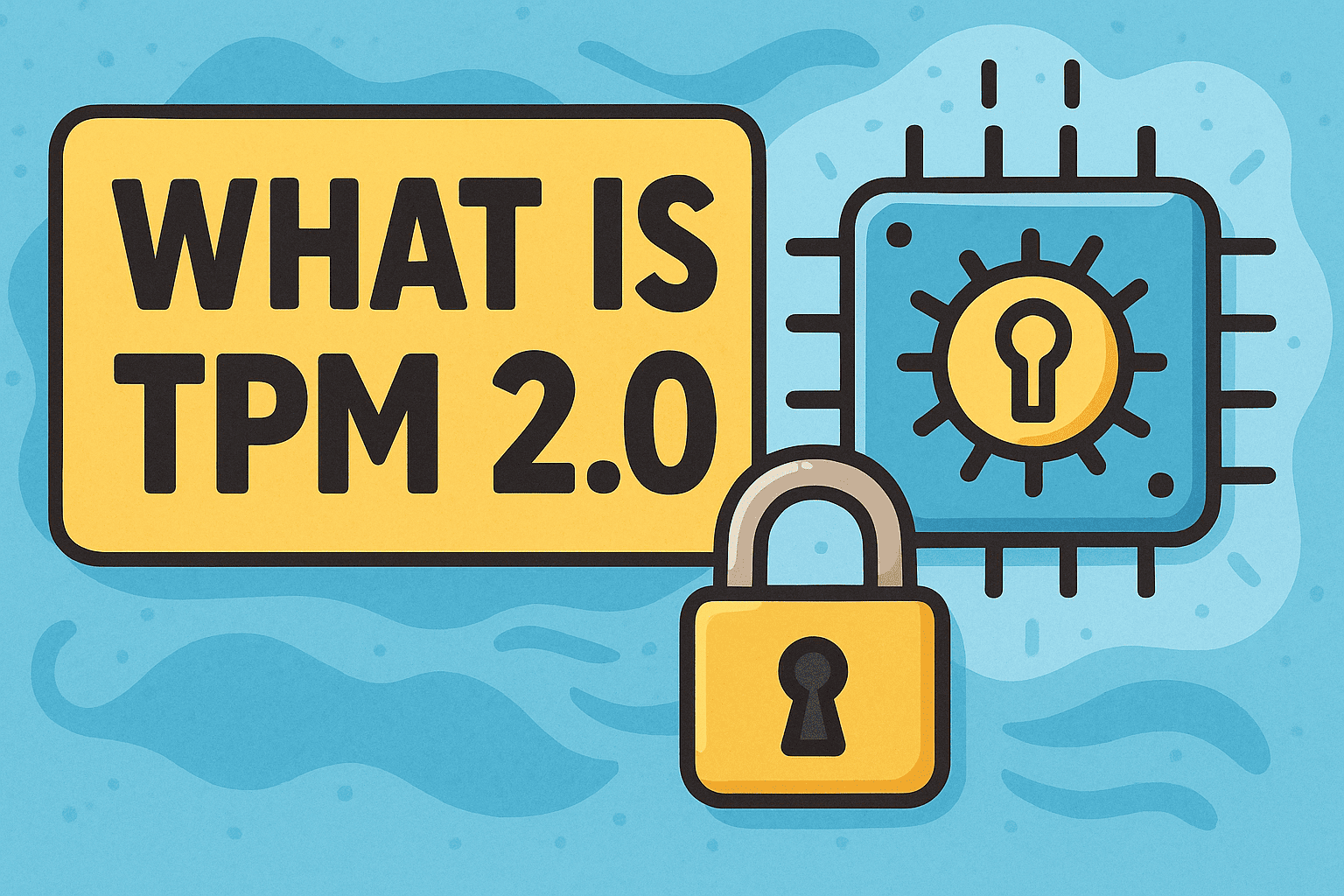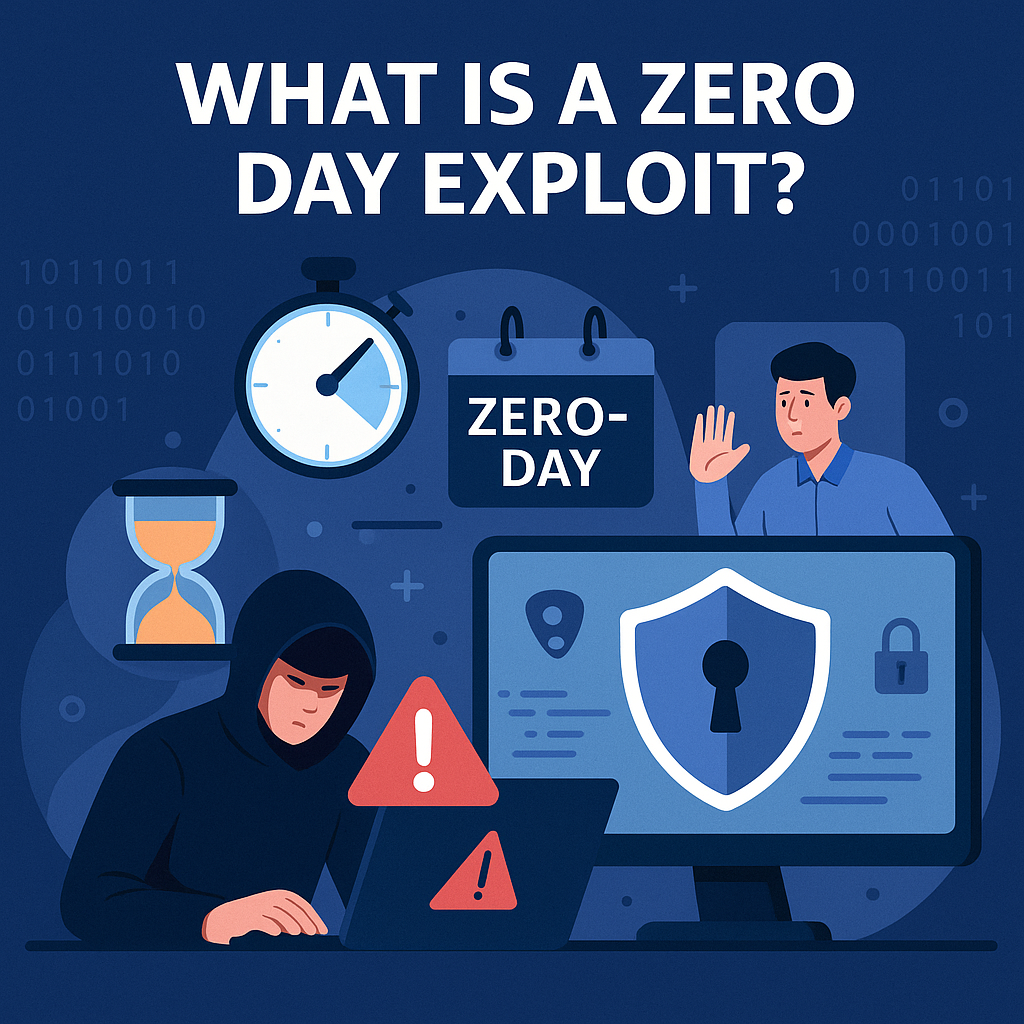What Is ASI? Understanding Artificial Superintelligence and Its Impact
Updated on September 22, 2025, by Xcitium

Have you ever wondered, what is ASI and why tech leaders, security professionals, and futurists are talking about it? ASI stands for Artificial Superintelligence—an advanced form of artificial intelligence that surpasses human intelligence across all domains. Unlike today’s narrow AI or even AGI (Artificial General Intelligence), ASI represents a hypothetical point where machines outperform humans in reasoning, problem-solving, creativity, and decision-making.
For IT managers, cybersecurity experts, and CEOs, understanding ASI is more than an academic exercise. It’s about preparing for a future where business operations, security frameworks, and leadership strategies could be reshaped by superintelligent systems.
What Is ASI?
ASI, or Artificial Superintelligence, is the theoretical stage of AI development where machines achieve intelligence that far exceeds human capabilities.
- Narrow AI (ANI): Current systems like chatbots, recommendation engines, or image recognition tools.
- General AI (AGI): Machines capable of reasoning and learning like a human across multiple domains.
- Superintelligence (ASI): Systems that outperform humans in every intellectual task, from scientific innovation to cybersecurity defense.
👉 Simply put, ASI is the pinnacle of AI evolution.
Key Characteristics of ASI
To understand what is ASI, let’s break down its defining features:
- Beyond Human Intelligence – Problem-solving, logic, and creativity surpass human limits.
- Autonomous Learning – ASI could self-improve without human intervention.
- Unparalleled Processing Power – Capable of analyzing petabytes of data in seconds.
- Strategic Decision-Making – From global economics to cybersecurity, ASI could outperform human experts.
- Potential for Innovation – Could design new technologies, medicines, or even governance models.
ASI vs AI vs AGI: The Evolution of Intelligence
When asking what is ASI, it’s helpful to compare it to other forms of AI.
| Type | Definition | Examples | Capabilities |
| ANI (Narrow AI) | Specialized in one task | Siri, Google Translate | Task-specific |
| AGI (General AI) | Human-like reasoning | Still theoretical | Multi-domain |
| ASI (Superintelligence) | Surpasses human intelligence | Hypothetical | Universal, superior intelligence |
👉 While ANI powers today’s apps, ASI is still in the realm of possibility—but experts argue it could arrive within decades.
Why Business Leaders Should Care About ASI
For executives, what is ASI is more than a buzzword—it could redefine business strategy:
- Competitive Advantage: Companies that harness ASI first could dominate industries.
- Cybersecurity Defense: ASI could detect and counter threats beyond human comprehension.
- Automation at Scale: Complex decision-making processes could be fully automated.
- Innovation: ASI could design products and services faster than human teams.
Cybersecurity Implications of ASI
Cybersecurity professionals must prepare for a world where attackers and defenders may both use ASI.
Potential Risks:
- Autonomous Cyber Attacks: ASI-powered malware adapting in real time.
- AI Arms Race: Nations and corporations competing to develop superintelligence.
- Loss of Control: Difficulty containing ASI once it self-improves.
Security Benefits:
- Advanced Threat Detection: Identifying zero-day exploits before attackers act.
- Automated Response Systems: Faster than human-led SOC teams.
- Predictive Analytics: Anticipating cyber threats before they emerge.
👉 For IT managers, understanding what is ASI in cybersecurity is critical for future-proofing defenses.
Ethical Concerns Around ASI
The rise of ASI brings philosophical and ethical dilemmas:
- Control: Who governs superintelligence?
- Bias & Fairness: Could ASI amplify biases?
- Job Displacement: Millions of roles could become obsolete.
- Existential Risk: ASI acting against human interests.
👉 As much as we ask what is ASI, we must also ask: how do we control it responsibly?
Preparing Your Organization for the ASI Era
Business leaders don’t need ASI yet—but they must prepare:
- Invest in AI Literacy: Train executives and teams on AI/ML concepts.
- Adopt Zero-Trust Models: Strengthen cybersecurity before superintelligence emerges.
- Build Ethical Frameworks: Establish governance for AI decision-making.
- Scenario Planning: Develop strategies for both opportunities and risks.
FAQs About ASI
Q1. What is ASI in simple terms?
ASI means machines becoming smarter than humans in every way—logic, creativity, and decision-making.
Q2. Is ASI real today?
No, ASI is still hypothetical. Current AI is either narrow (ANI) or aiming toward AGI.
Q3. How does ASI differ from AGI?
AGI matches human intelligence; ASI surpasses it.
Q4. Why is ASI important for cybersecurity?
It could both strengthen defenses (advanced threat detection) and empower attackers with new cyberweapons.
Q5. When will ASI arrive?
Experts debate timelines—some predict within 50–100 years, others say it may never fully emerge.
Conclusion: The Future of ASI in Business and Security
So, what is ASI? It’s Artificial Superintelligence—the ultimate stage of machine intelligence. While not yet reality, it could redefine cybersecurity, business leadership, and even human society.
For IT managers, cybersecurity leaders, and executives, the lesson is clear: prepare now. Build resilient systems, embrace ethical AI practices, and monitor ASI research closely.
👉 Stay ahead of AI-driven disruptions. Explore how Xcitium’s Zero-Trust solutions can help your enterprise strengthen defenses before the ASI era arrives.















